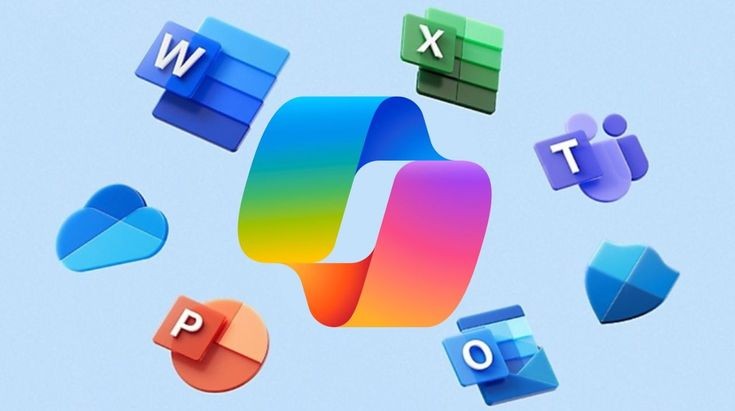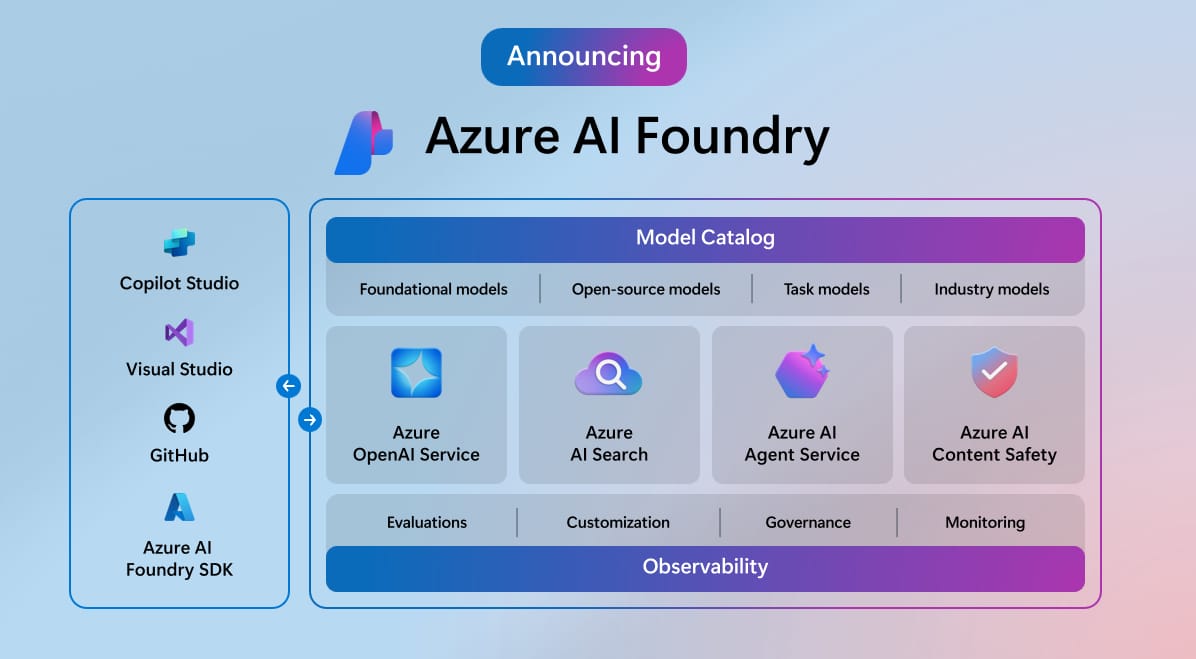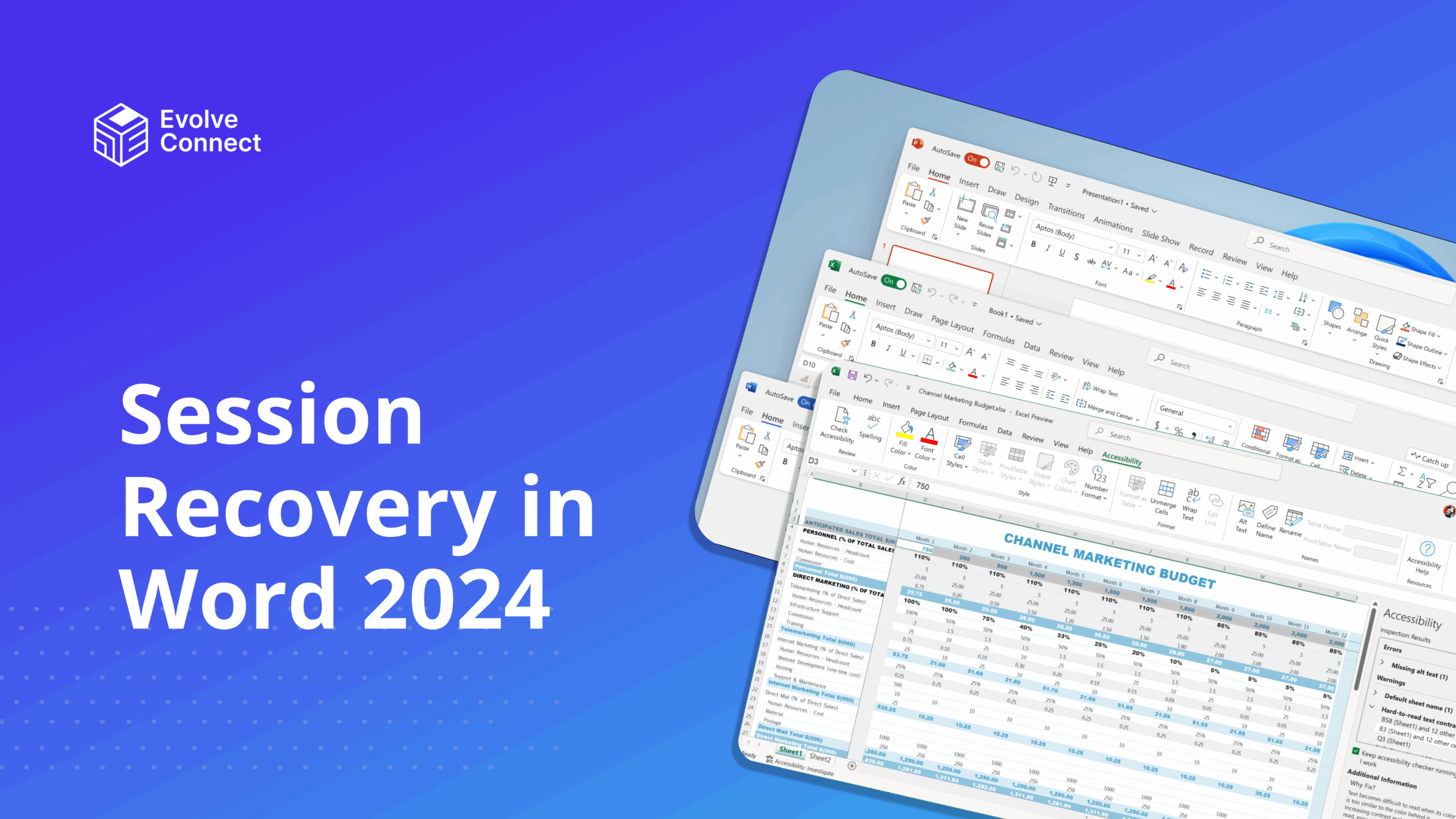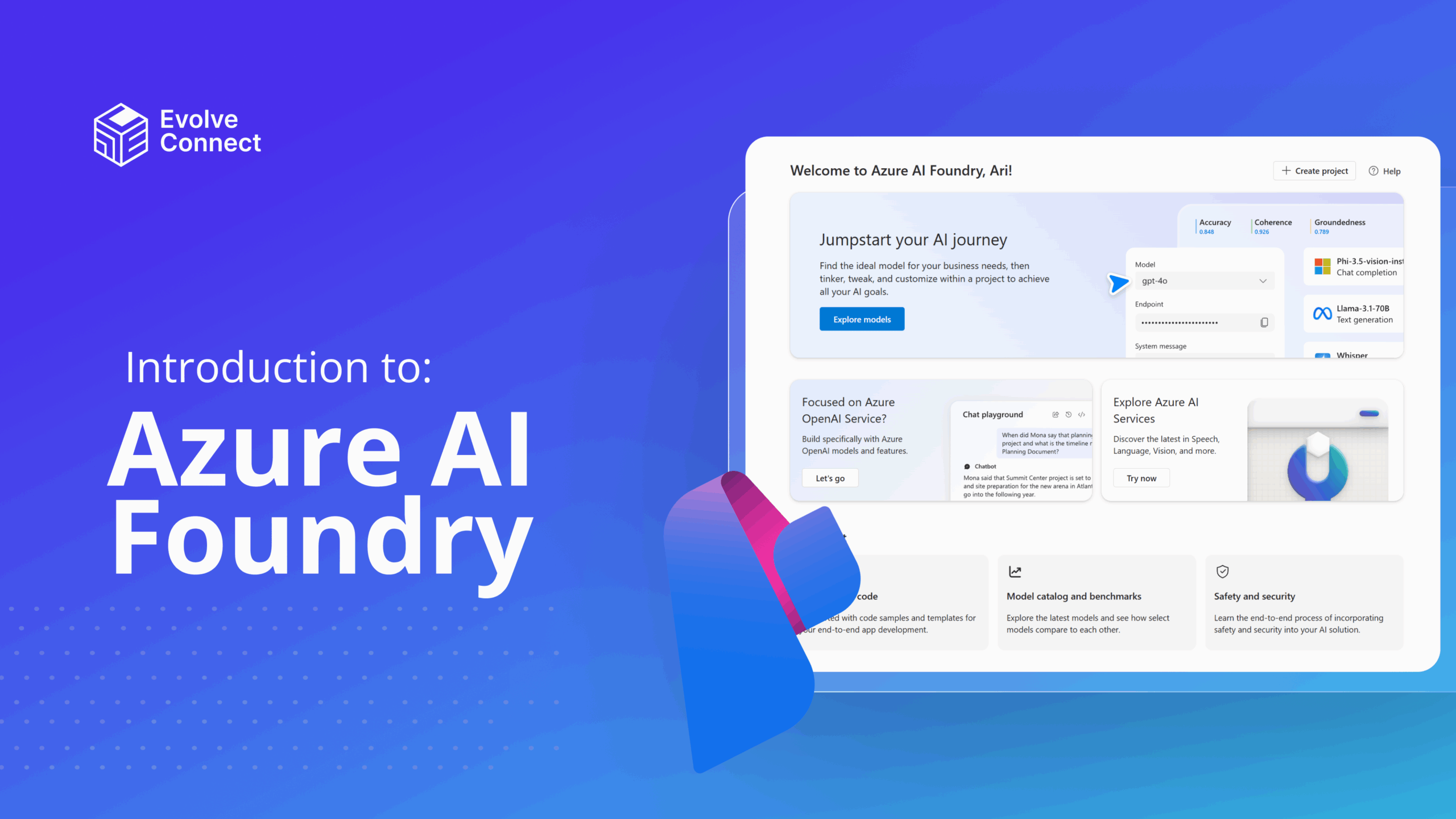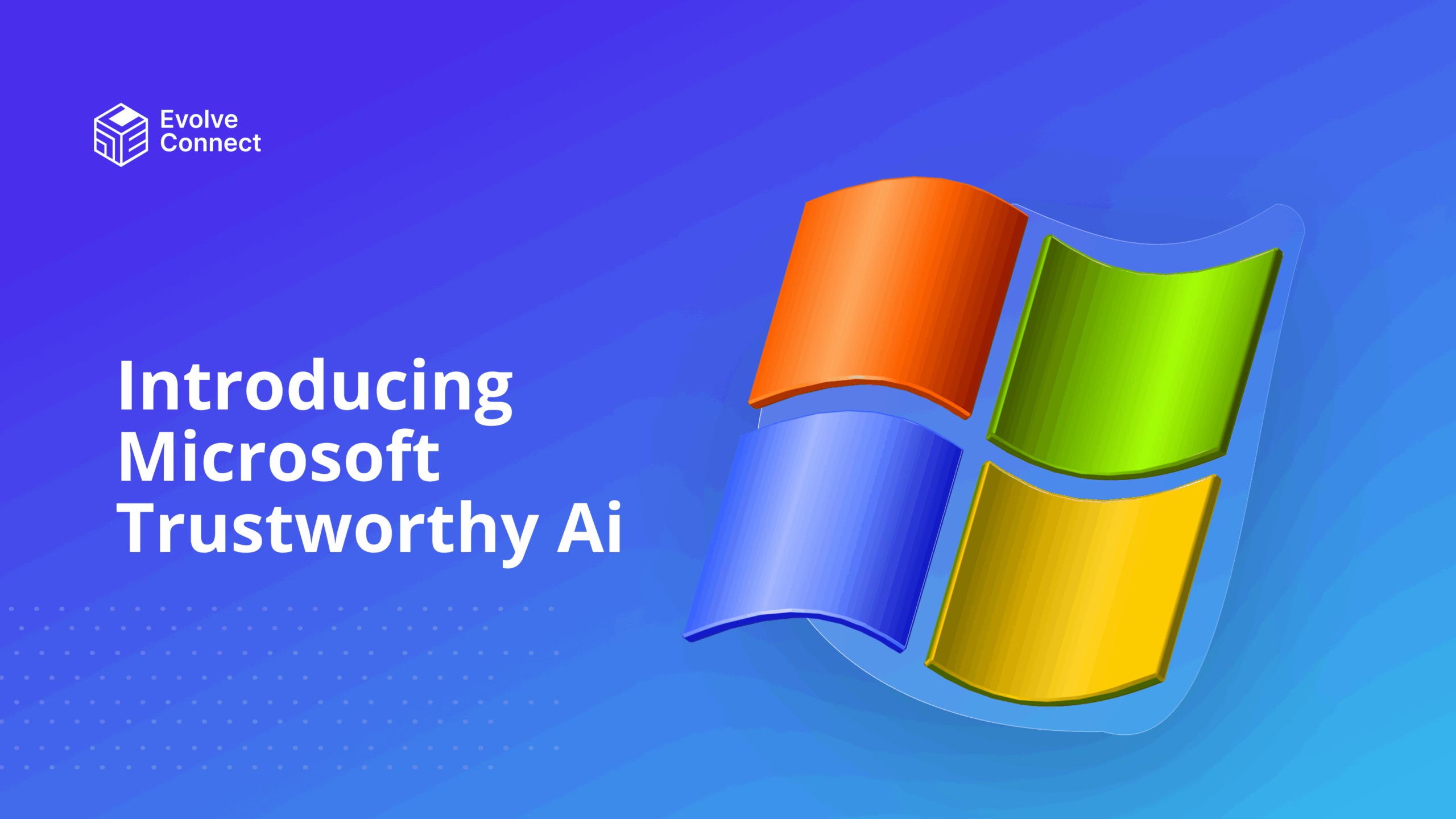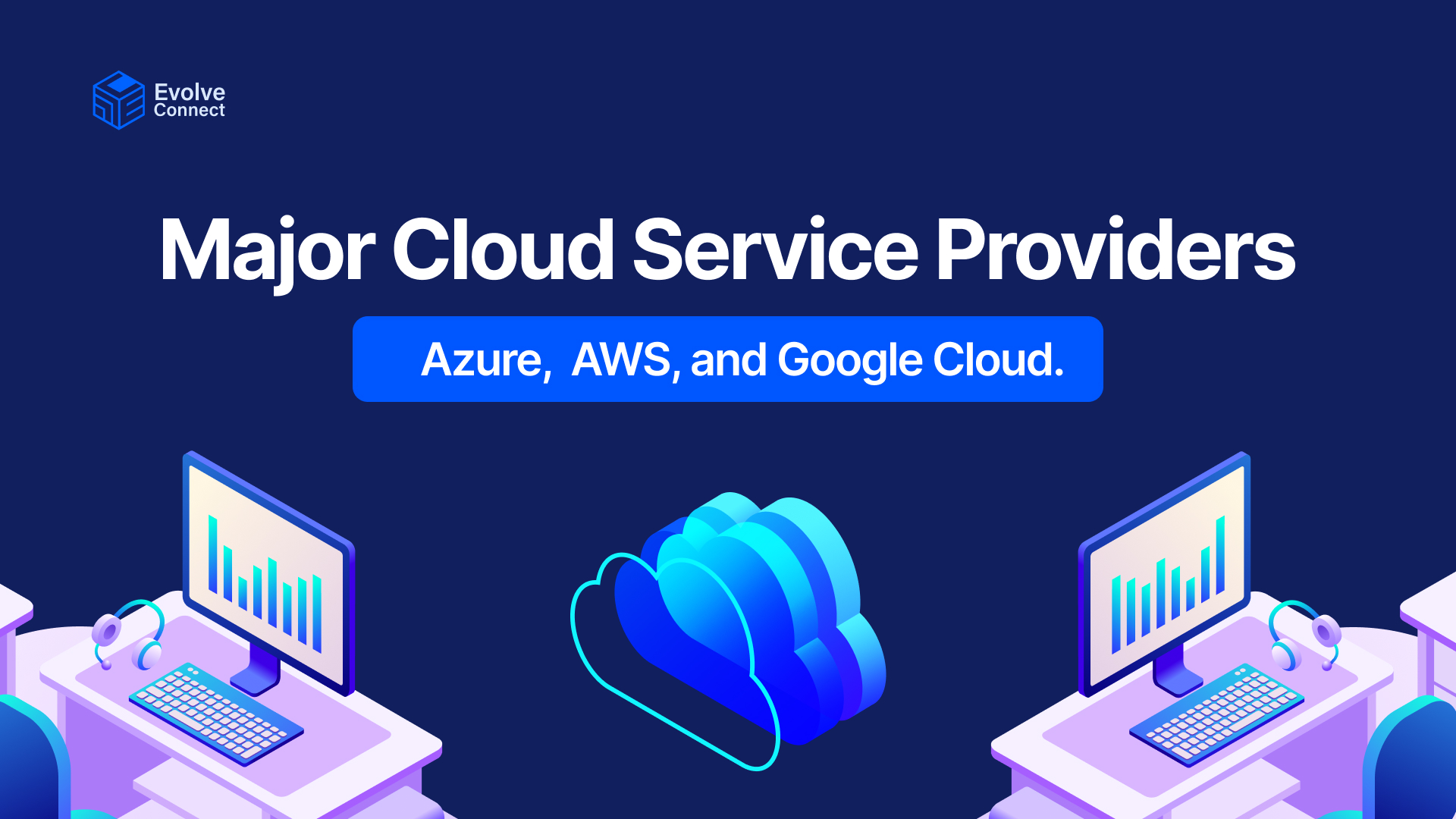
Cloud service providers play a crucial role in the advancement of cloud computing. They have made cloud services widely available, easily accessible, and beneficial for individuals and businesses.
The cloud computing industry boasts numerous service providers, such as Microsoft, Amazon, Google, Oracle, among others. Among the top providers in the market are Microsoft Cloud, Amazon Web Services (AWS), and Google Cloud Platform (GCP). These providers manage extensive global networks of data centers that companies can utilize to develop and deploy applications and services.
Although they offer similar services, each provider has its unique features. This article aims to provide an overview of the leading cloud service providers, namely AWS, Azure, and Google Cloud.
Microsoft Azure
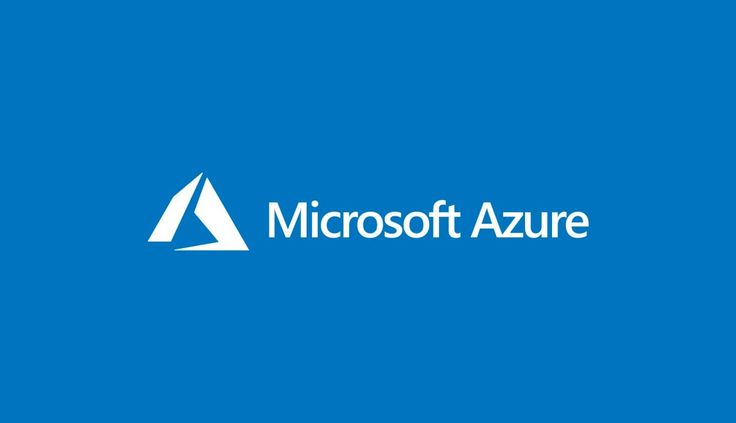
Microsoft Azure is a comprehensive cloud computing platform, globally offering over 600 services. Originally named Windows Azure, it serves diverse industries, providing security solutions, and infrastructure services. Amongst others are digital and app innovation, data and AI services, business applications, and modern work solutions.
With a market share of 23% in cloud infrastructure services as of 2023, Azure boasts one of the largest global infrastructures with data centers in over 60 regions.
Key Offerings:
- Security Solutions: Microsoft provides robust security, compliance, identity, and management solutions. Some of these solutions include Defender, Sentinel, Entra, Purview, Priva, and Endpoint Manager.
- Infrastructure Services: Azure offers infrastructure solutions like Windows Server, SQL Server, Linux, VMware, Virtual Desktop, and Azure Arc.
- Digital and App Innovation: Platforms for software development include Visual Studio, GitHub, Azure App Service, Container Apps, Kubernetes Services, and Power Apps.
- Data and AI Services: Comprehensive database, analytics, and data governance solutions, such as Microsoft AI, Azure SQL, Cosmos DB, Synapse Analytics, Power BI, Purview, and Azure AI.
- Business Applications: Dynamics 365 and Power Platform empower exceptional customer experiences and operational agility.
- Modern Work Solutions: Microsoft 365, Teams, Windows 11, Windows 365, and Viva enhance collaboration and productivity.
Service Categories:
- Infrastructure as a Service (IaaS): Azure Virtual Machines and Virtual Network.
- Platform as a Service (PaaS): Azure App Service and SQL Database.
- Software as a Service (SaaS): Microsoft 365 and Dynamics 365.
- Serverless Computing: Azure Functions.
- Data Analytics and Storage: Blob Storage and Data Lake Storage.
- AI and Machine Learning: Azure Machine Learning and Cognitive Services.
- Internet of Things (IoT): Azure IoT Hub.
- Identity and Access Management: Azure Active Directory.
Key Features:
- Prominent Azure services include Virtual Machines, Azure App Service, Azure SQL Database, Azure Active Directory, and Azure Storage.
- Azure AI integrates natural language processing (NLP) and collaborates with OpenAI for applications using CoPilot.
Learn more about Microsoft Azure from industry experts.
Amazon Web Services (AWS)
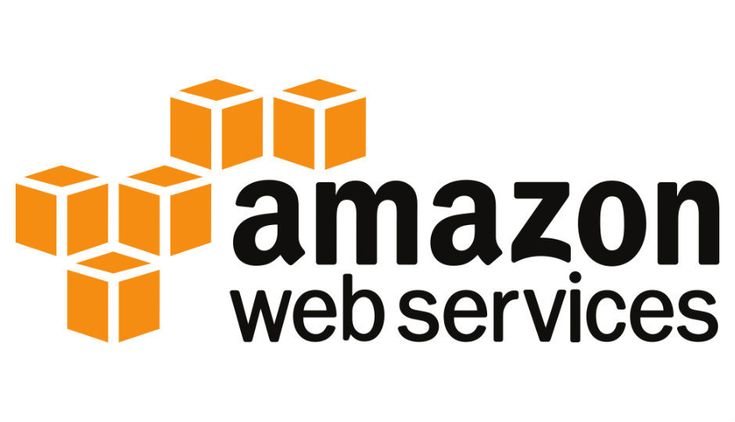
AWS, introduced by Amazon in 2006, is the world’s most adopted cloud platform, offering over 200 services globally. With a dynamic community and data centers in 34 regions and 102 availability zones, AWS provides services for various industries emphasizing security, infrastructure, and application development. Services also include data analytics, machine learning, IoT, and identity management. AWS maintains a significant market share in the cloud computing industry.
AWS provides the following features:
Industry-Specific Solutions
AWS caters to a wide range of industries, delivering specialized cloud computing services and products tailored for specific sectors. Industries served include finance, healthcare, manufacturing, nonprofit, retail, and more.
Security and Compliance
AWS places a strong emphasis on security and compliance, offering a variety of tools and services for data protection and regulatory adherence. Key security services include AWS Identity and Access Management (IAM), AWS Key Management Service (KMS), and AWS CloudHSM.
Infrastructure Services
AWS provides a comprehensive set of infrastructure services, enabling organizations to build, deploy, and manage their applications. Examples include:
- Amazon Elastic Compute Cloud (EC2): Offering scalable computing capacity.
- Amazon Virtual Private Cloud (VPC): Providing networking capabilities for secure and isolated environments.
Application Development and Innovation
AWS supports digital and application innovation through various platforms and tools:
- AWS Lambda: Facilitating serverless computing for event-triggered code execution.
- Amazon S3: Scalable object storage for managing and storing vast amounts of data.
Data Analytics and Machine Learning: AWS offers robust solutions for data analytics and machine learning, including:
- Amazon Redshift: A fully managed data warehouse service.
- Amazon SageMaker: Enabling the development and deployment of machine learning models.
Internet of Things (IoT):
AWS IoT services cater to the growing demands of connected devices, providing solutions for device management, data processing, and analytics.
Identity and Access Management
AWS Identity and Access Management (IAM) ensures secure access control, allowing organizations to manage user identities and permissions effectively.
Key Features and Offerings:
- AWS Elastic Beanstalk: Simplifying the deployment and scaling of applications.
- Amazon RDS: Managed relational database services for various database engines.
- AWS CloudFormation: Automating infrastructure provisioning and application deployment.
Google Cloud Platform (GCP)
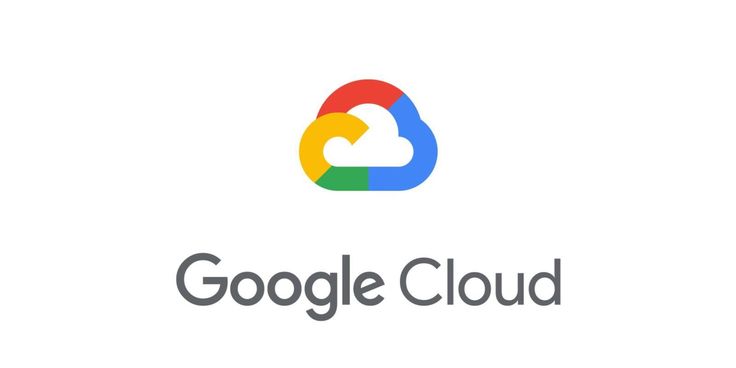
Introduced by Google in 2008, Google Cloud Platform is a prominent cloud computing platform known for innovation. Catering to various industries, GCP prioritizes security and compliance, offering infrastructure services, application development, data analytics, machine learning, IoT, and identity management. With a global infrastructure present in over 200 countries, GCP operates in 20 regions and 61 availability zones, providing scale and reliability for enterprise customers.
Some of the key features include:
Industry-Specific Solutions: GCP caters to various industries, delivering tailored cloud computing services for sectors such as finance, healthcare, manufacturing, nonprofit, and retail.
Security and Compliance: GCP prioritizes security and compliance, providing a robust set of tools and services for data protection and regulatory adherence. Key security features include Identity and Access Management (IAM), Key Management Service (KMS), and Cloud Security Command Center.
Infrastructure Services: GCP offers a range of infrastructure services to build, deploy, and manage applications. Notable examples include:
- Compute Engine: Providing scalable virtual machine instances.
- Virtual Private Cloud (VPC): Offering networking capabilities for secure and isolated environments.
Application Development and Innovation: Supporting digital and application innovation through platforms and tools such as:
- Google App Engine: A fully managed serverless platform for building and deploying applications.
- Cloud Storage: Scalable object storage for managing and storing various types of data.
Data Analytics and Machine Learning: GCP provides robust solutions for data analytics and machine learning, including:
- BigQuery: A fully managed, serverless data warehouse.
- AI Platform: Enabling the development and deployment of machine learning models.
Internet of Things (IoT): GCP addresses the IoT landscape, offering solutions for device management, data processing, and analytics through services like Cloud IoT Core.
Identity and Access Management: Google Cloud Identity and Access Management (IAM) ensures secure access control, allowing organizations to manage user identities and permissions effectively.
Key Features and Offerings:
- Cloud Functions: Facilitating serverless computing for event-triggered code execution.
- Cloud SQL: Managed relational database services supporting various database engines.
- Cloud Deployment Manager: Automating infrastructure deployment and management.
Conclusion
Cloud service providers are causing a revolution in the cloud and AI space. Stay updated with these technologies to have an edge in the IT industry.
